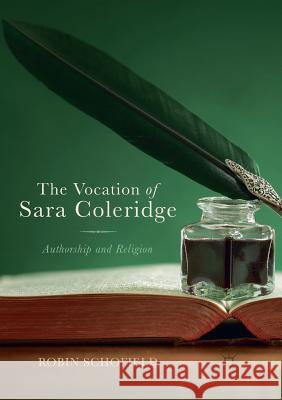The Vocation of Sara Coleridge: Authorship and Religion » książka
topmenu
The Vocation of Sara Coleridge: Authorship and Religion
ISBN-13: 9783319889283 / Angielski / Miękka / 2019 / 260 str.
Kategorie:
Kategorie BISAC:
Wydawca:
Palgrave MacMillan
Język:
Angielski
ISBN-13:
9783319889283
Rok wydania:
2019
Wydanie:
Softcover Repri
Ilość stron:
260
Waga:
0.33 kg
Wymiary:
21.01 x 14.81 x 1.47
Oprawa:
Miękka
Wolumenów:
01
Dodatkowe informacje:
Wydanie ilustrowane











